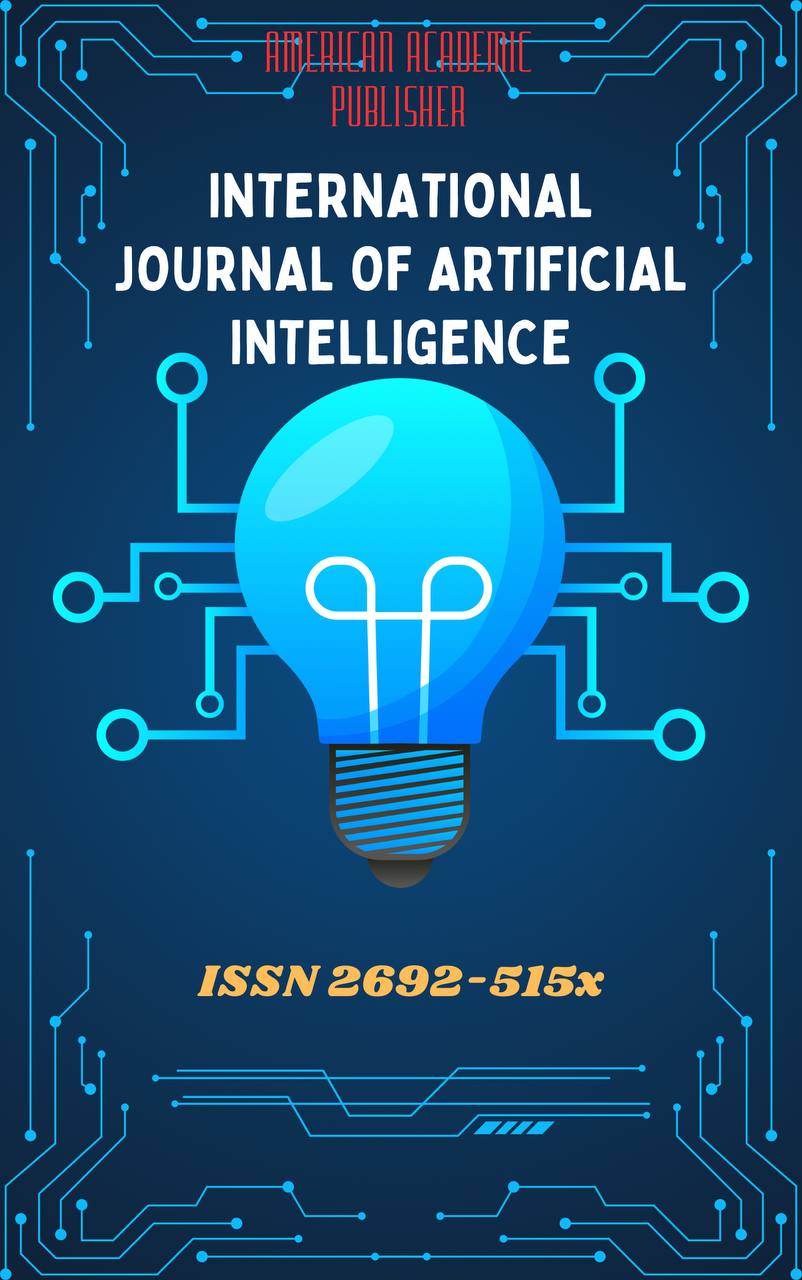 Articles
| Open Access |
Articles
| Open Access | USING LITERATURE TO ENHANCE LANGUAGE AND CRITICAL THINKING SKILLS
Dosmambetova Muyassar Abrorovna , 2nd year student of Nukus state pedagogical institute named after AjiniyazAbstract
This work explores the deep and multifaceted role of literature in the development of English language proficiency and the cultivation of critical thinking abilities. Literature provides not only authentic linguistic input but also complex themes, character development, and narrative structures that challenge learners to interpret, question, and analyze. These cognitive engagements foster both language acquisition and intellectual growth. The paper aims to examine the pedagogical benefits of incorporating literature into English language classrooms, drawing on theoretical frameworks, real classroom practices, and a wide range of literary examples. Through extensive exploration, it argues that literature is not merely a supplementary component but a central tool for holistic language education. The research investigates how literature enhances vocabulary, grammar, speaking, reading, and writing skills while simultaneously encouraging students to think critically, form judgments, and appreciate multiple perspectives. A comprehensive review of methodologies, case studies, and classroom experiments is presented, demonstrating literature's power to transform passive learners into engaged, reflective thinkers. The paper further provides educators with practical strategies to implement literary materials effectively, taking into consideration learners' age, level, cultural background, and educational context. Ultimately, this work positions literature as both a linguistic resource and a cognitive scaffold, essential for developing well-rounded, analytical, and expressive language users.
Keywords
Literature, Language Learning, Critical Thinking, English Language Teaching, Pedagogy, Reading Comprehension, Literary Analysis, Student Engagement, Vocabulary Development, Higher-Order Thinking, EFL, ESL, Curriculum Design, Literary Instruction, Interpretative Skills
References
Babaee, R., & Yahya, W. R. B. W. (2014). Significance of literature in foreign language teaching. International Education Studies, 7(4), 80–85.
Brumfit, C. J., & Carter, R. A. (1986). Literature and Language Teaching. Oxford University Press.
Byram, M. (1997). Teaching and Assessing Intercultural Communicative Competence. Multilingual Matters.
Bruner, J. (1986). Actual Minds, Possible Worlds. Harvard University Press.
Collie, J., & Slater, S. (1987). Literature in the Language Classroom: A Resource Book of Ideas and Activities. Cambridge University Press.
Duff, A., & Maley, A. (2007). Literature. Oxford University Press.
Elliott, R. (1990). Encouraging reader-response to literature in ESL situations. ELT Journal, 44(3), 191–198.
Ghosn, I. K. (2002). Four good reasons to use literature in primary school ELT. ELT Journal, 56(2), 172–179.
Hall, G. (2005). Literature in Language Education. Palgrave Macmillan.
Kramsch, C. (1993). Context and Culture in Language Teaching. Oxford University Press.
Krashen, S. D. (1982). Principles and Practice in Second Language Acquisition. Pergamon Press.
Lazar, G. (1993). Literature and Language Teaching: A Guide for Teachers and Trainers. Cambridge University Press.
Maley, A. (2001). Literature in the language classroom. In Carter, R. & Nunan, D. (Eds.),
The Cambridge Guide to Teaching English to Speakers of Other Languages (pp. 180–185). Cambridge University Press.
McKay, S. (1982). Literature in the ESL classroom. TESOL Quarterly, 16(4), 529–536.
Nunan, D. (1999). Second Language Teaching & Learning. Heinle & Heinle.
Paran, A. (2008). The role of literature in instructed foreign language learning and teaching: An evidence-based survey. Language Teaching, 41(4), 465–496.
Povey, J. F. (1972). Literature in TESL programs: The language and the culture. TESOL Quarterly, 6(1), 40–46.
Richards, J. C., & Rodgers, T. S. (2014). Approaches and Methods in Language Teaching (3rd ed.). Cambridge University Press.
Van, T. T. M. (2009). The relevance of literary analysis to teaching literature in the EFL classroom. English Teaching Forum, 47(3), 2–9.
Vygotsky, L. S. (1986). Thought and Language. MIT Press.
Widdowson, H. G. (1975). Stylistics and the Teaching of Literature. Longman.
Article Statistics
Downloads
Copyright License

This work is licensed under a Creative Commons Attribution 4.0 International License.

